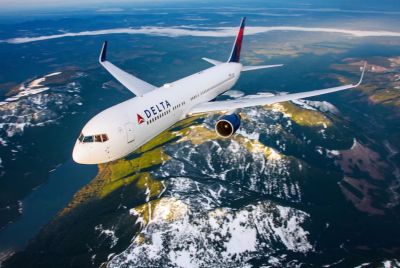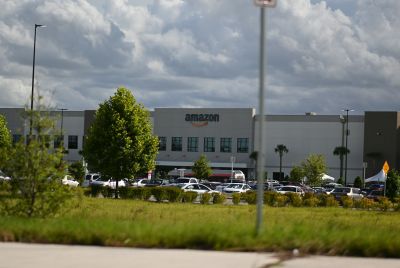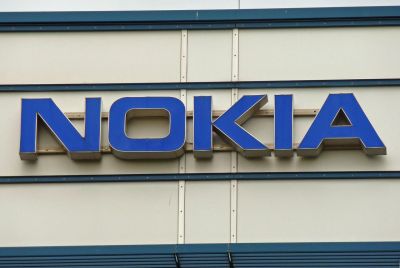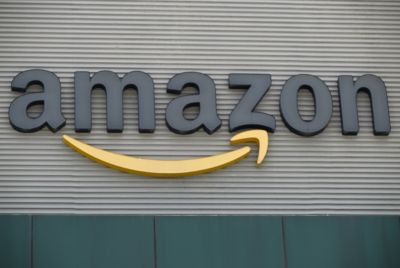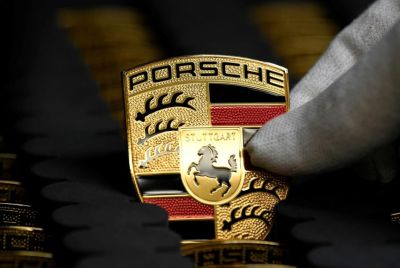Tesla Drivers Sue Over 'Phantom Braking' — Musk Faces Legal Heat in France and Australia
Tesla Sued Over 'Phantom Braking' in France and Australia

On 11 June 2025, Tesla was hit with legal action in major global markets. In France, a group of disgruntled drivers filed a lawsuit claiming CEO Elon Musk's political affiliations have tarnished the brand. Simultaneously, in Australia, a class action suit was launched over alleged safety issues with the company's Autopilot system, specifically its so-called phantom braking.
Both cases come as Tesla faces mounting pressure over its leadership, brand perception, and the performance of its driver-assist technologies.
Though the legal claims differ—reputational harm in France and driver safety concerns in Australia—they highlight a rising tide of global discontent among Tesla owners.
French Drivers Sue Over Musk's Far-Right Endorsements
In Paris, a group of Tesla leaseholders has taken their case to the Commercial Court. Their complaint: Elon Musk's vocal support for far-right figures—including Donald Trump in the US and Germany's Alternative für Deutschland (AfD)—has made Tesla ownership socially uncomfortable and personally embarrassing.
The plaintiffs argue that their vehicles have become unwilling symbols of political ideology they do not endorse. They are not seeking financial compensation but are asking the court to terminate their lease agreements without penalty and to order Tesla to cover legal fees.
Their lawyer described the impact as 'direct and concrete', making the rare case that corporate reputation can inflict personal harm on consumers. The lawsuit marks one of the first formal challenges linking a CEO's politics to a company's brand image in court.
Autopilot 'Phantom Braking' Under Fire in Australia
Meanwhile, in Australia, a class action lawsuit accuses Tesla of selling vehicles equipped with defective driver-assist technology. The complaint focuses on phantom braking—a phenomenon where the Autopilot system brakes unexpectedly at high speeds and in clear driving conditions.
Thousands of Tesla owners have reported the issue, with some alleging near-collisions. Plaintiffs claim Tesla has known about the fault for years but failed to issue a meaningful fix. They argue the vehicles are 'not fit for purpose', breaching Australia's consumer protection laws.
Legal experts say the case could be pivotal for defining liability in semi-autonomous vehicle systems, potentially setting a global precedent for similar claims.
Sliding Sales and Investor Concerns
The lawsuits land at a fragile time for Tesla. In Q1 2025, the company delivered 336,681 vehicles worldwide, a drop of nearly 50,000 units compared to the same period last year. Analysts cite rising competition from Chinese EV brands and a growing consumer backlash against Musk's political outspokenness.
In April, Tesla's share price fell by 2%, sparking concerns that Musk's personal controversies are now materially affecting the company's financial health. Investor anxiety is mounting, especially as Tesla remains silent on the unfolding legal developments.
Regulatory Pressure Builds Over Autopilot
Tesla's Autopilot has faced growing international scrutiny. In February 2025, a German court deemed the system 'defective', referencing the very phantom braking issue now at the heart of the Australian case. In the US, federal regulators have also opened investigations into similar incidents.
Should the Australian suit succeed, it could reshape how automated driving technology is legally assessed, forcing manufacturers to bear greater responsibility for software-driven errors.
A Defining Moment for Tesla
Tesla has yet to comment on either legal case. But silence may no longer be an option. With consumers, regulators, and investors watching closely, the brand that once represented the future of transport finds itself at a critical crossroads.
Whether it's about reputation or road safety, Tesla must now demonstrate that technological innovation can coexist with ethical responsibility and consumer trust.
© Copyright IBTimes 2025. All rights reserved.


